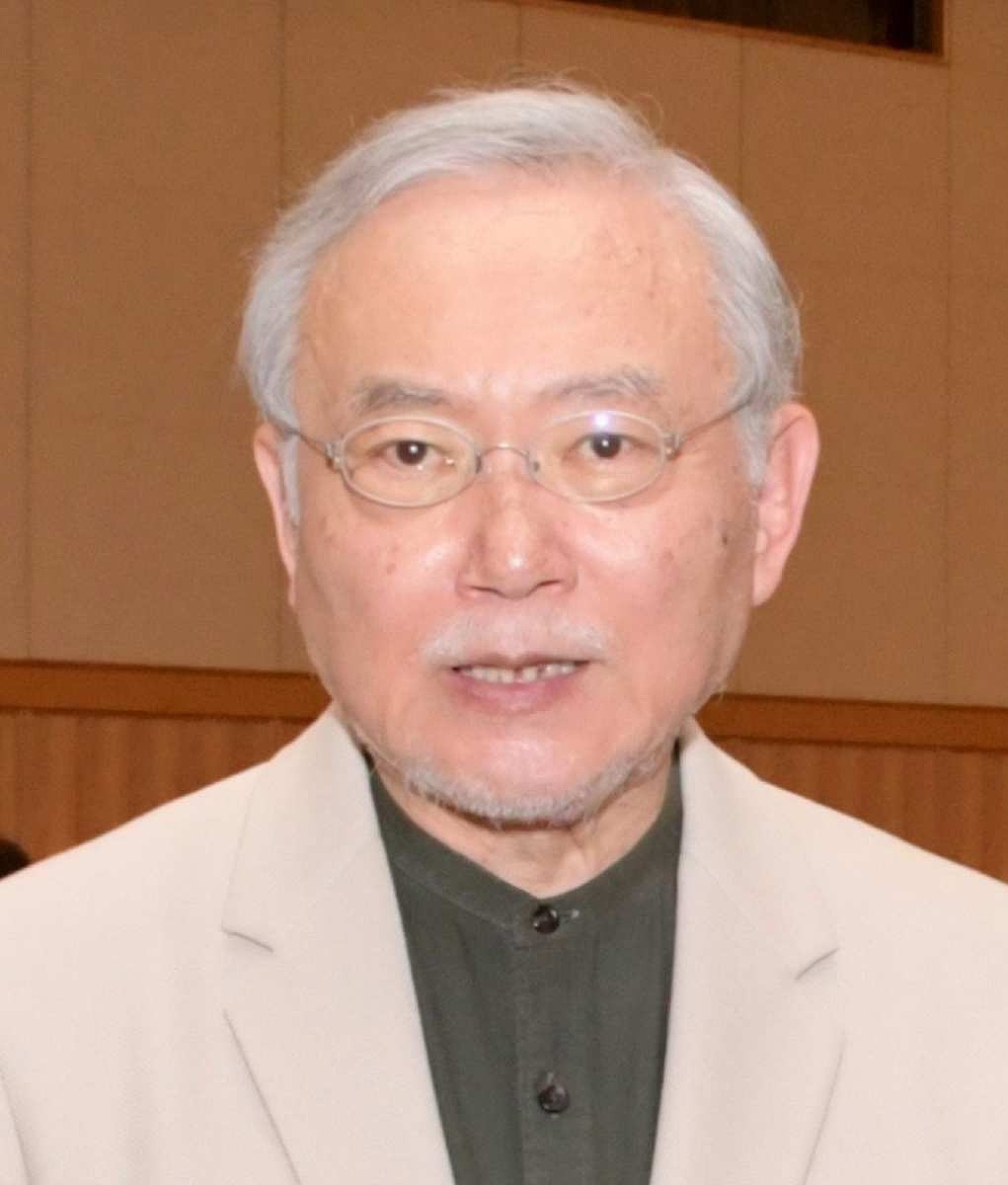U.S. Squandering Diplomatic Capital Over Gaza; Ability to Counter Russia, China Weakening

Kagefumi Ueno
11:00 JST, July 13, 2024
Over the nine months since war broke out in Gaza on Oct. 7 last year, Israel has repeatedly violated international law by carrying out indiscriminate attacks against civilians and massive displacement of residents. The International Criminal Court’s chief prosecutor said on May 20 that he was seeking arrest warrants for Israeli Prime Minister Benjamin Netanyahu and Defense Minister Yoav Gallant — in addition to three Hamas members — for war crimes and crimes against humanity.
Even so, the U.S. government’s basic stance has been to repeatedly emphasize its support for Israel’s right of self-defense, giving the impression in the world that Washington implicitly endorses the way Israel executes its military operations. As a former diplomat for Japan, I sense that the worsening of the inhumane situation in Gaza is directly or indirectly weakening U.S. diplomacy. The current situation is the last thing Japan and other U.S. allies want to see, because Washington’s diplomatic capital is widely regarded as a global public good.
The administration of President Joe Biden itself appears to be increasingly reminded of how Washington’s stance on the Gaza war affects its prestige as a global superpower and thus its own national interest. Biden criticized Israeli Prime Minister Benjamin Netanyahu’s policy on Gaza in an interview published on April 9, saying: “I think what he’s doing is a mistake. I don’t agree with his approach.”
The Gaza war has undoubtedly helped Russia and weakened Ukraine. It has also given China more leeway. It is advantageous for Russia and China that Washington’s attention and its ability to exert pressure have been diverted to the Middle East. The Russian and Chinese governments are presumed to be delighted to see the war in the Palestinian territory prolonged.
Washington is now paying much less attention to East Asia than in the period before the Gaza conflict began. Beijing has lately capitalized on this seeming vacuum by escalating its expansionist behavior in the regional maritime domain. For instance, China Coast Guard vessels have repeatedly blasted water at and even collided with Philippine ships in the South China Sea.
The longer the Gaza conflict lasts, the less maneuverability the United States can exercise in the Asia-Pacific region, and the more its deterrence is weakened. Additionally, Beijing could be seeking to capitalize on a kind of political vacuum in Washington, which may arise over the upcoming U.S. presidential election.
If the United States continues to condone Israel’s apparent violations of international law, Washington’s condemnation of Moscow and Beijing over their horrible violations of human rights — such as against the Uighurs — will sound hollow. Israel’s attacks in Gaza are dangerously deepening the fissure between the United States and the Global South of emerging and developing countries. Historically, the countries of the Global South have tended toward neutrality on issues between East and West, but Israel’s continued attacks have surely pushed them further away from the United States by solidifying the perception of Washington as Israel’s unconditionally staunch backer.
From the perspectives of Japan as well as other U.S. friends such as India, South Korea, Taiwan, Australia, the Philippines and Vietnam, it is desirable that U.S. diplomatic capital be used mainly to counter Chinese and Russian influence, notably in the Indo-Pacific region. It is concerning that Washington’s credibility will be further damaged as Israel pursues its military campaign excessively, endlessly and purposelessly. As Washington’s major ally, Japan has a responsibility to urge the United States to take a tougher stance on Israel so that the war will end fully and immediately.
Kagefumi Ueno is a civilization essayist and a former Japanese ambassador to Guatemala (2001-04) and the Holy See (2006-10).
Top Articles in Editorial & Columns
-

Riku-Ryu Pair Wins Gold Medal: Their Strong Bond Leads to Major Comeback Victory
-

40 Million Foreign Visitors to Japan: Urgent Measures Should Be Implemented to Tackle Overtourism
-

China Provoked Takaichi into Risky Move of Dissolving House of Representatives, But It’s a Gamble She Just Might Win
-

University of Tokyo Professor Arrested: Serious Lack of Ethical Sense, Failure of Institutional Governance
-

Policy Measures on Foreign Nationals: How Should Stricter Regulations and Coexistence Be Balanced?
JN ACCESS RANKING
-

Japan PM Takaichi’s Cabinet Resigns en Masse
-

Japan Institute to Use Domestic Commercial Optical Lattice Clock to Set Japan Standard Time
-

Israeli Ambassador to Japan Speaks about Japan’s Role in the Reconstruction of Gaza
-

Man Infected with Measles Reportedly Dined at Restaurant in Tokyo Station
-

Videos Plagiarized, Reposted with False Subtitles Claiming ‘Ryukyu Belongs to China’; Anti-China False Information Also Posted in Japan
























